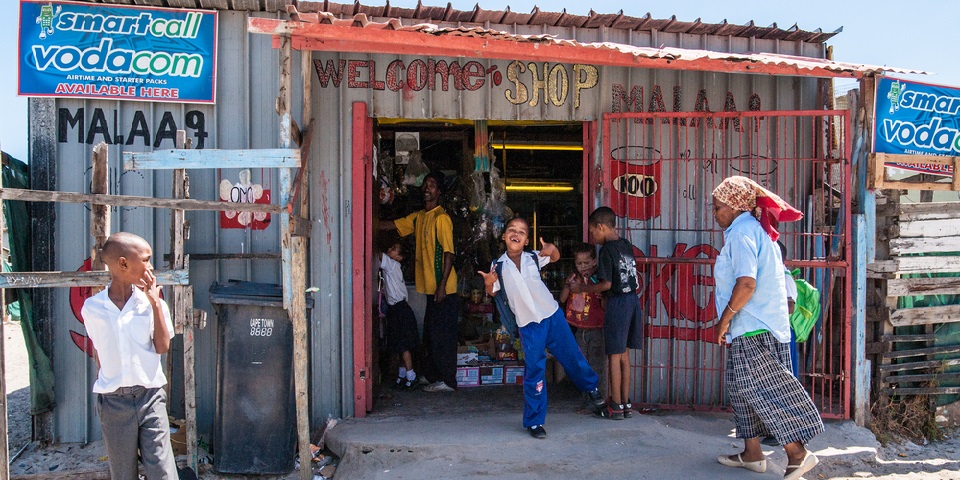City of Cape Town’s health officials say they will make sure spaza shops and small enterprises know that they must give back their polony and other cold meat stock as a national recall of the processed meats continued on Tuesday over a listeriosis outbreak.
“The City’s environmental health practitioners will visit smaller outlets to establish if they are aware of the recall and to record volumes of product being kept on site,” said JP Smith, mayoral committee member for safety and social services.
This will be to ensure that the identified products are removed.
Visits to fast food outlets and other food traders are also on the health officials’ itinerary following the Department of Health’s announcement on Sunday, that the affected products be removed after the ST6 strain of listeriosis was traced to the Enterprise production plant in Polokwane.
Tiger Brands announced on Sunday that there would be a nationwide recall of its Enterprise ready-to-eat products and that it had halted supply to trade.
Listeriosis was also allegedly found in Rainbow Chickens Limited’s (RCL) Wolwehoek facility but has not been confirmed to be the dangerous ST6 strain yet.
948 confirmed cases, 180 deaths
As a precaution, RCL is recalling all its polony products from its entire customer base. This does not apply to its chicken products.
Both companies are also conducting their own independent testing.
Smith said the national Department of Health cautioned that people at risk of listeriosis should not consume polony, viennas or other processed meats from these plants until further notice.
No polony: Everything we know so far about the listeriosis outbreak
Of the 948 laboratory-confirmed cases of listeriosis in South Africa, 180 resulted in death, with 88 of those in the Western Cape.
Smith said most people who eat food contaminated with listeria would not get sick, but those who do would get a fever and diarrhoea.
However, people at a high risk of developing severe illness include pregnant women and their unborn babies, the elderly, people with underlying conditions such as diabetes, cancer, chronic liver or kidney disease, and persons with weakened immune systems due to HIV or chemotherapy.
[Source: news24]





 WhatsApp us
WhatsApp us 

